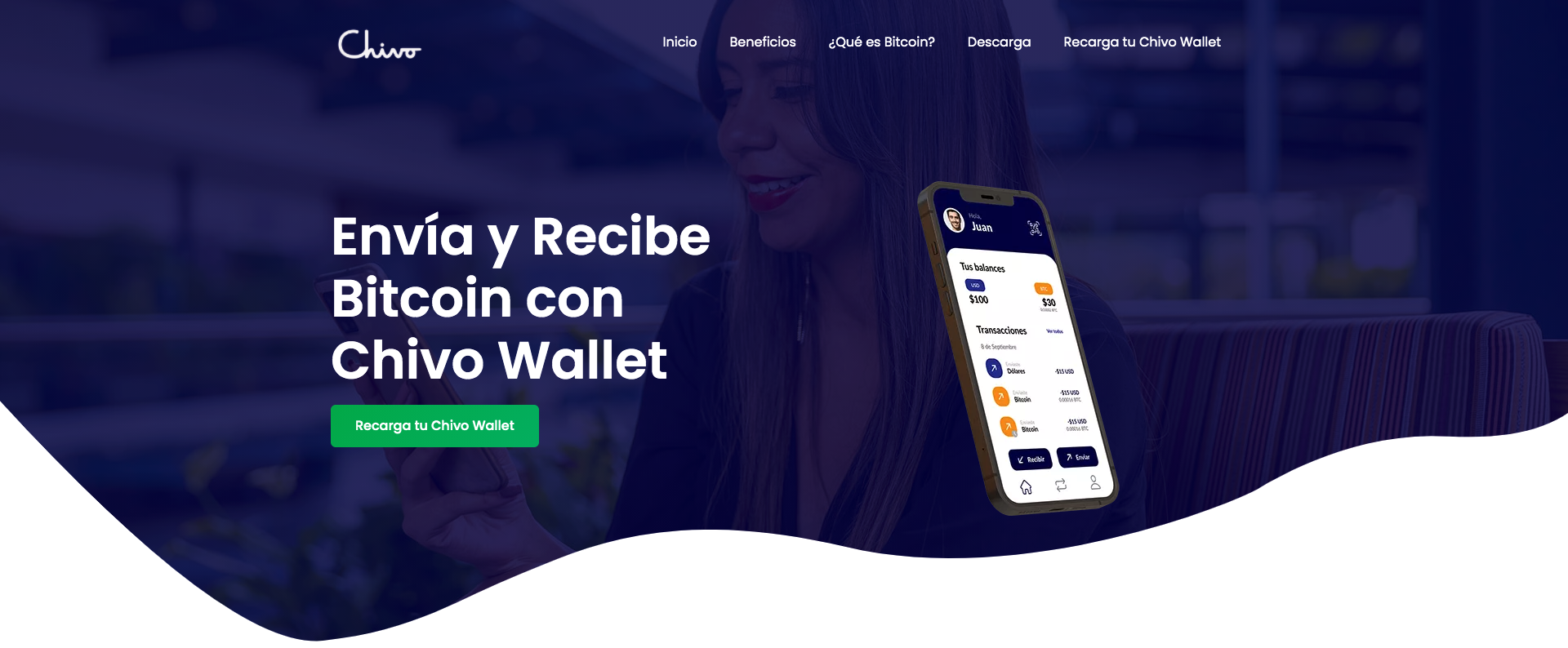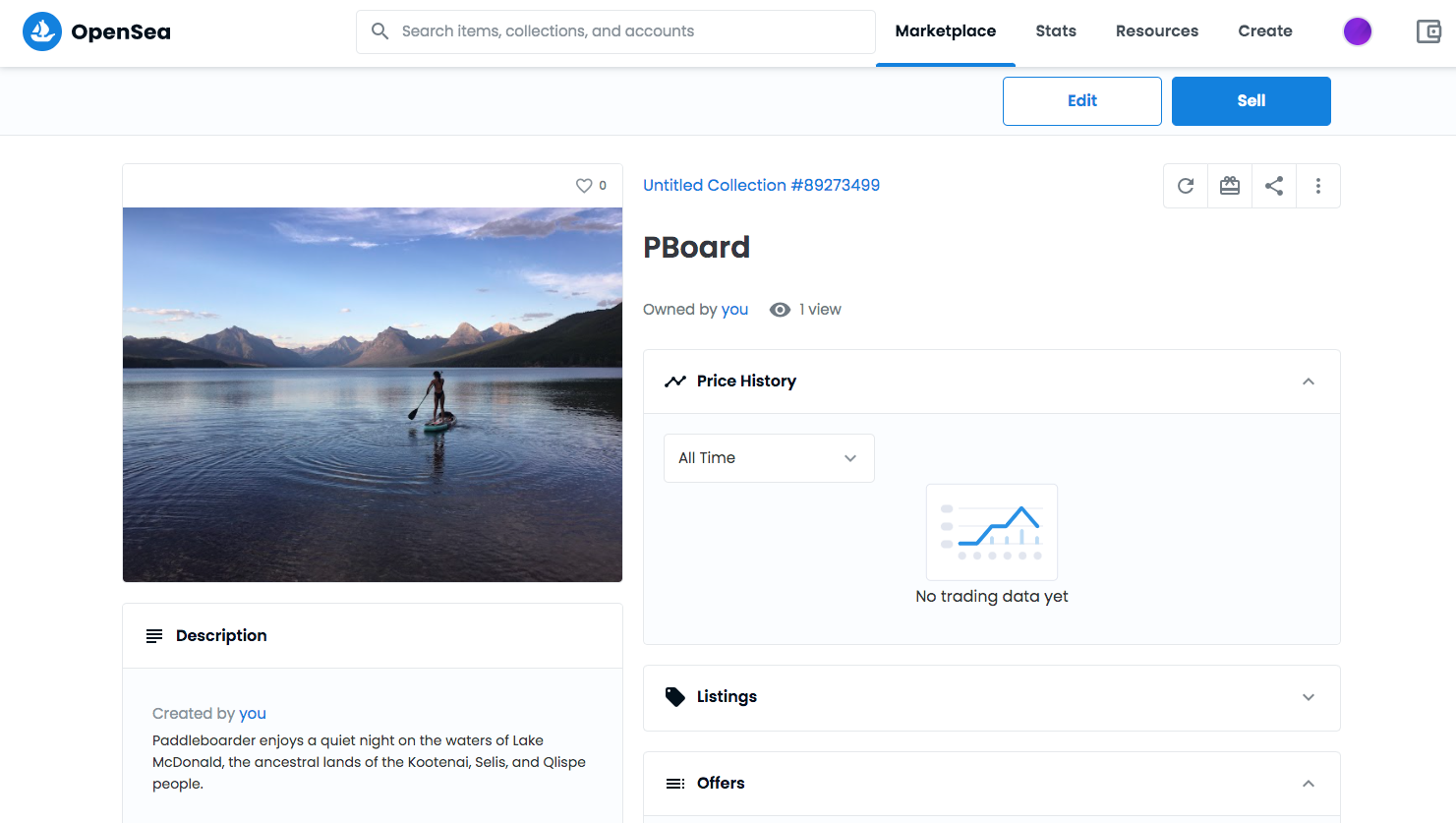
This is a sponsored post from InterSystems, Gold Sponsor of FinovateFall 2021. By Carmen Logue, Product Manager, InterSystems; commentary on survey report Embracing embedded analytics and a comprehensive data analytics platform >>
Data-driven decision-making is something most businesses aspire to. However, for the majority, significant data silos across the enterprise often means that the data they are using is delayed and inconsistent – resulting in decisions that are neither timely nor accurate. Instead, what organizations need is real-time access to their data and a consistent enterprise view. Fortunately, this is where a data fabric with both embedded analytics and self-service business intelligence (BI) can be extremely powerful.
The use of embedded analytics and self-service BI in combination with a data fabric allows organizations to give a wider range of users the ability to visualize and explore data more freely, empowering employees, partners, and customers with accurate information. Yet, while most organizations recognize the value of actionable analytics, currently most struggle to provide critical metrics and access to ad hoc analysis. In fact, our research shows that only 7% of organizations say more than half of their employees have access to a data analytics platform.
With a staggering 93% of organizations revealing that the majority of their employees don’t have access to analytics, let’s look at how they can set themselves up to become a more data-driven organization.
Bridging data silos with embedded analytics tools
To gain the most benefit from their data and analytics platform, businesses should look to start prioritizing and bridging data within their organization. While they are likely to be faced with a large number of silos, prioritizing key metrics and iteratively connecting data sources will allow companies to reduce redundant data and provide a common language across data sources.
Implementing a smart data fabric, a new architectural approach, will also help to remove silos and help organizations to gain a common semantic view of the data, even if that data remains distributed. Businesses that have grown through mergers, acquisitions or organic expansions benefit from both local and organization-wide visibility. A common semantic view will also enable performance comparisons over time – day to day or year over year, and allow for analysis of patterns and trends.
Vitally, this enterprise view will give businesses a firm foundation to introduce analytics capabilities.
Figure out what needs to be measured
Once they have started taking incremental steps to unify their data, organizations should seek to understand where the real business problems lie and the questions they need to answer. As part of this, they should consider what issues or challenges their CEO and business counterparts, such as the CIO and COO, currently face and what will help them characterize and measure improvements.
Using this as a starting point and working back will allow the IT teams who will be undertaking the implementation to understand what data and insights they need to provide to answer the questions those leading the business have. It is also important to leave capacity for additional metrics because once they are being used effectively, there will be a need for future measurements and answers.
This approach will ensure the organization is clear about where to apply analytics to derive the most value and to impact the most change. Following this method, they can then build out the capabilities across different parts of the organization.
Success lies in collaboration
While likely to be driven by IT teams, implementing analytics platforms isn’t just an IT initiative. Instead, it requires collaboration from individuals across the organization.
To guarantee success, different teams should work together iteratively and constantly assess the contributions being made by the introduction of analytics platforms and continue to refine the use cases and required metrics to understand whether they are providing value and what changes might be needed to measure progress.
Taking this approach will help to iron out any issues as they occur and ensure that all users are extracting real value from the platform.
Simplifying the complex
For most businesses, obtaining a single source of truth from which they can gain insights can be extremely complex. Not only do organizations tend to have a large number of data silos, but they already have a range of different technology in place, from data warehouses, data lakes and data marts, to integration platforms and BI tools. As such, the majority are ideally looking to simplify their technology infrastructure, but without having to rip and replace.
Smart data fabrics make this possible, helping businesses to unlock the true potential of their data by speeding up and simplifying access to data assets across the entire business. This is all while allowing existing legacy applications and data to remain in place, to enable organizations to maximize the value from their previous technology investments.
Realizing the value of embedded analytics
The benefits of embedded analytics capabilities span across all industries, allowing businesses to make more informed decisions and enabling a variety of business users to have access to actionable insights. A data platform like InterSystems IRIS which includes embedded analytics and ad hoc analysis tools, also forms an integral part of a smart data fabric architecture. InterSystems IRIS can provide organizations with access to live data on-demand, integrated from multiple applications such as trades, equity and fixed income positions, or treasury.
This technology ensures that businesses are able to make decisions on current data, including live transactional data, and eliminates latency from source systems. Additionally, it supports business user self-service analytics, enabling drill down and ad hoc capabilities and can also help to automate time consuming tasks such as ongoing integration and interoperability – freeing up the IT team to focus on more value-adding tasks.
With access to more comprehensive, accurate, and timely information, employees across businesses will be better placed to make informed decisions and measure the success of new initiatives needed to drive their organization forward.
Photo by Norbert Kundrak on Unsplash

















